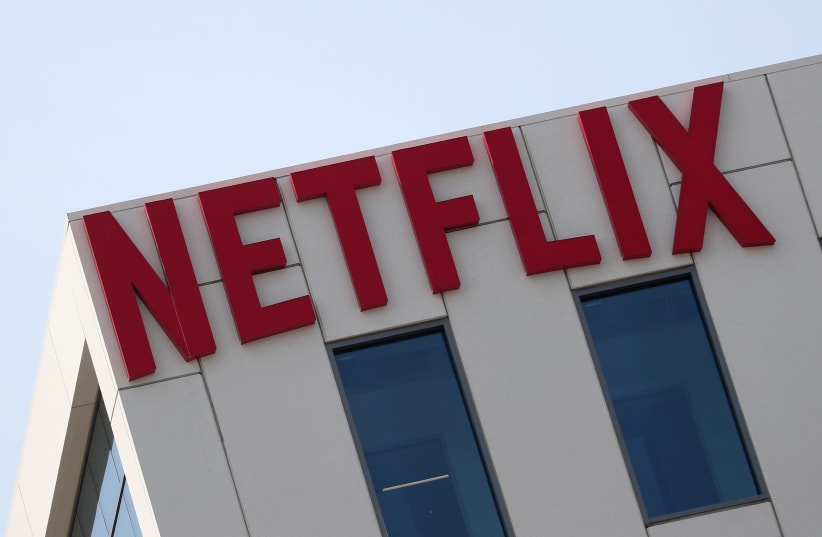International video providers like Netflix would be required to invest in Israeli productions, and exclusive sports broadcasting rights in Israel could be taken away if the recommendations of a committee for reforming the broadcasting sector are adopted.
Authorities in charge of regulating television, cable, and radio broadcasting will be combined into a single unified media regulator under the recommendations made by the Folkman Committee, which was established in September 2020 to propose changes to the regulation of the broadcasting market in Israel. The committee submitted its report to Communications Minister Yoaz Hendel Tuesday.
“I believe that the implementation of the committee’s recommendations will contribute to greater competitiveness and a better product for the public, both in terms of price and in terms of quality and variety,” said Roy Folkman, chairman of the committee. “We’ve been talking about this for a decade – now is the time for action.”
The report proposes the establishment of the “Commercial Broadcasting Authority” as a unified regulator which will oversee all broadcast channels, including over-the-top content providers like Partner TV and Cellcom TV which have not been regulated until now. The regulator will be charged with maintaining levels of quality and ethics in broadcasting, promoting a diverse and competitive broadcasting market and protecting the needs of children and people with disabilities, among other responsibilities.
The authority will also be expected to encourage the production of top-quality original productions, while requiring international service providers like Netflix, Amazon, Disney+, Apple and HBO to create new local content. Content suppliers earning more than NIS 300 million in Israel would be required to invest in local content, and those earning above NIS 600m. would be subject to extended obligations, including developing elite-level productions, the report said.
Meanwhile, a policy of non-exclusivity should be adopted for sports broadcasts, with broadcast permits instead granted at fair prices to all platforms, the report proposed.
The plan also calls for the reduction of regulatory intervention in the broadcasting sector, while applying new regulations evenly throughout the entire communications market.
A number of proposals were put forth that would significantly alter the economic models of broadcasting stations. These included the possibility of charging viewers for access to free channels 12 and 13, which were launched as public stations when Channel 2 was closed in 2017. Restrictions on which channels can be shown on the cable platforms would also be removed, as would those on advertising on cable channels.
Such changes to the business models of the stations should be done gradually, leaving room for possible changes, the report noted.
